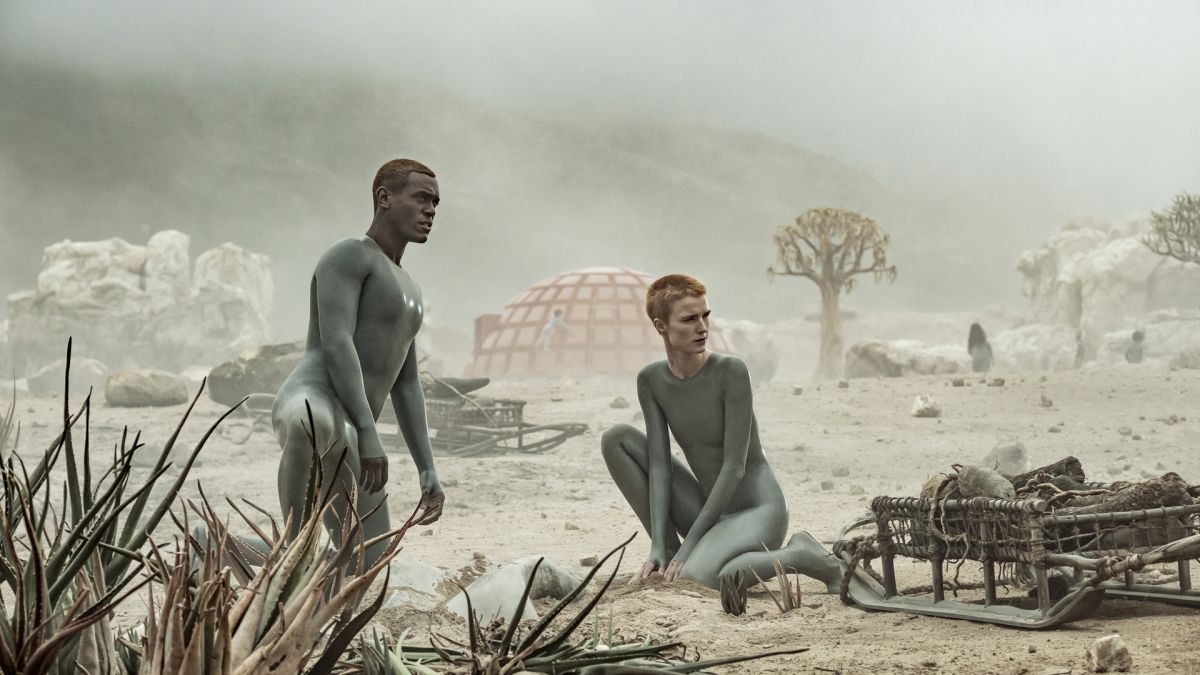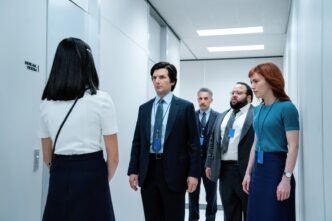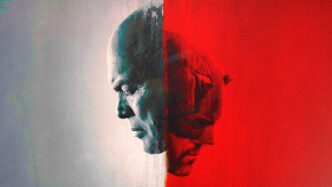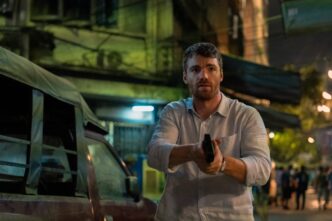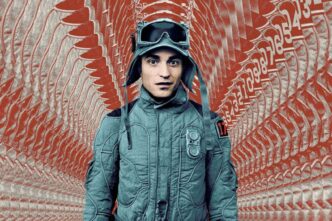Raised by Wolves is very different from everything else currently on television. Set in a future world where the Earth has been destroyed by a war between the religious Mithraics and atheists, the show focuses on a group of humans- and androids- who have fled to a faraway planet named Kepler 22B, which has mysteries of its own.
Produced by Ridley Scott (who also directed the first two episodes), the show is chock full of designs informed by Scott’s indelible taste. It contains many elements you have seen before in his work: androids, alien lifeforms and a mystery about the origins of life. However, Raised by Wolves uses these elements in a new way, opting for an approach that’s a mix of science fiction and fantasy. Writer Aaron Guzikowski mostly succeeds in making compelling sci-fi TV, although the first season is far from flawless.
Mother (Amanda Collin) and Father (Abu Bakr Salim) are sent to Kepler 22B to repopulate the planet with six human babies. Thirteen years later, only one child, Campion (Winta McGrath), has survived and their relative peace is disrupted by the arrival of a Mithraic arc. After a confrontation that goes awry, Mother, who is actually a reprogrammed murder machine called a necromancer, retaliates and causes the arc to crash. She takes a few children from the ark under her own wing, one of which is Paul, son to Marcus (Travis Flimmel) and Sue (Niamh Algar). Those two are long dead, but no one knows it yet because they have been replaced by atheist soldiers Caleb and Mary who have taken on their faces and identity. The new Marcus and Sue have grown close with Paul in the last thirteen years, and they soon hatch a plan to rescue him and the other children. Of course, things only get weirder from that point.
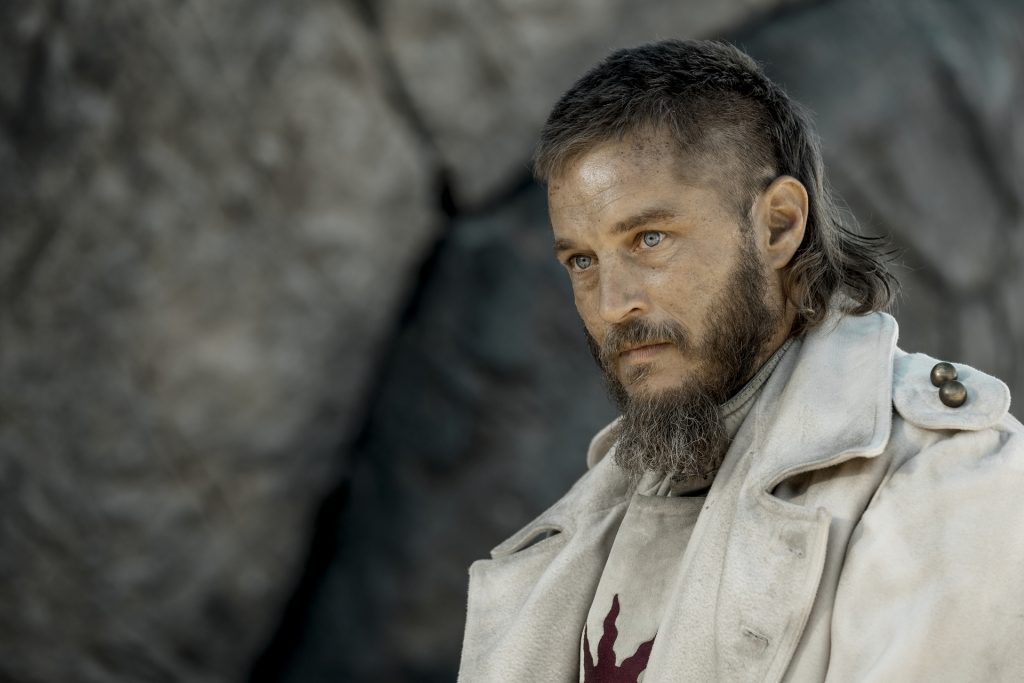
Raised by Wolves is punctuated by moments of intense, terrifying violence, which is a welcome distraction away from the grey-themed aesthetic of Keppler 22B.
Most of the time, however, the show tries to explore grandiose themes, where ideas like religious fanaticism and parenthood are raised by the characters in various ways. Early in the show, Marcus chides a convicted rapist (who’s also a high ranking cleric) for trying to do “Sol’s bidding’ through his acts. Later, he himself is convinced that Sol is talking to him and has anointed him as the king of this new world.
Mother’s character is perhaps the most developed in the show: she’s kind, maternal but also ruthless when she needs to be. She’s intrigued when she starts exploring her old memories, which lead to an unexpected development that she adjusts to fairly quickly. Her companion, Father, by contrast, is loyal and corny, programmed with numerous dad jokes. The acting, specially from Collin, is nuanced and noteworthy. Flimmel is also appropriate in his role, although it does feel like a retread of his more famous role as Ragnar from Vikings.
What holds this show back is, perhaps, how plot-heavy it is. Some developments are very convenient, giving crucial information to the characters through cave paintings or through literal voices in their head. Perhaps, these patterns will be explained in later seasons. Let’s hope the mystery is not muddled for the sake of stretching the plot out, and that the writers have an idea of where they were going. The first season ends in a different position than where it began, which might be off-putting to some. Furthermore, the characterization isn’t always solid. For instance, Hunter, once of the Mithraic children, undergoes a change of heart later in the season without there being any impetus for it.
Despite its flaws, Raised by Wolves has hits more often than it misses. While it’s full of heady themes, the show is not as impenetrable as some might think. The story has a slow pace, with one or two developments taking place every episode. Still, by the end of the season, it feels both short and exactly the right length. It’s one of the best exclusives on HBO Max right now, and hopefully, it can become even better over time.
